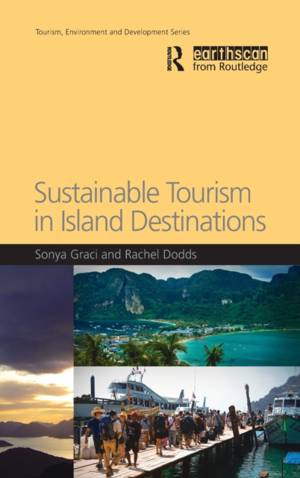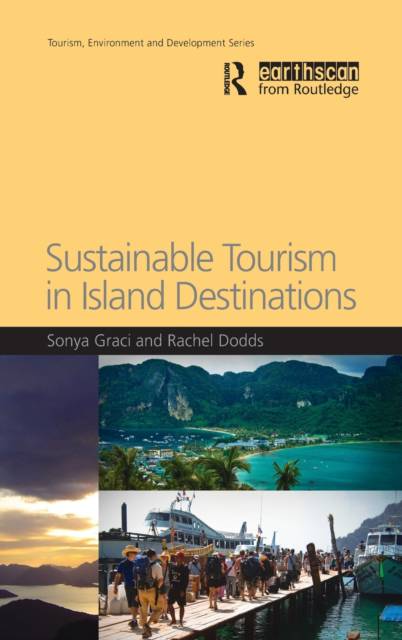
- Retrait gratuit dans votre magasin Club
- 7.000.000 titres dans notre catalogue
- Payer en toute sécurité
- Toujours un magasin près de chez vous
- Retrait gratuit dans votre magasin Club
- 7.000.0000 titres dans notre catalogue
- Payer en toute sécurité
- Toujours un magasin près de chez vous
Description
Many of the world's islands are dependent on tourism as their main source of income. It is therefore imperative that these destinations are managed for long-term viability. The natural appeal of a destination is typically one of its main tourism related assets, yet the natural environment is also the feature most directly threatened by potential overexploitation.
Sustainable Tourism in Island Destinations builds on existing literature in the subject by providing innovative discussions and practical management structures through the use of the authors' various island project work. An original feature is the focus on islands which are part of larger nations, rather than just on island sovereign states. Through an illustrated case study approach, the book focuses on the successes and challenges islands face in achieving sustainable tourism. The authors put forward innovative mechanisms such as multi-stakeholder partnerships and incentive-driven non-regulatory approaches as ways that the sustainability agenda can move forward in destinations that face specific challenges due to their geography and historic development. The case studies - from Canada, St Kitts, Honduras, China, Indonesia, Spain, Tanzania and Thailand - provide the foundation which suggests that alternative approaches to tourism development are possible if they retain sustainability as a priority.
Spécifications
Parties prenantes
- Auteur(s) :
- Editeur:
Contenu
- Nombre de pages :
- 246
- Langue:
- Anglais
- Collection :
Caractéristiques
- EAN:
- 9781844077793
- Date de parution :
- 30-09-10
- Format:
- Livre relié
- Format numérique:
- Ongenaaid / garenloos gebonden
- Dimensions :
- 157 mm x 234 mm
- Poids :
- 498 g







